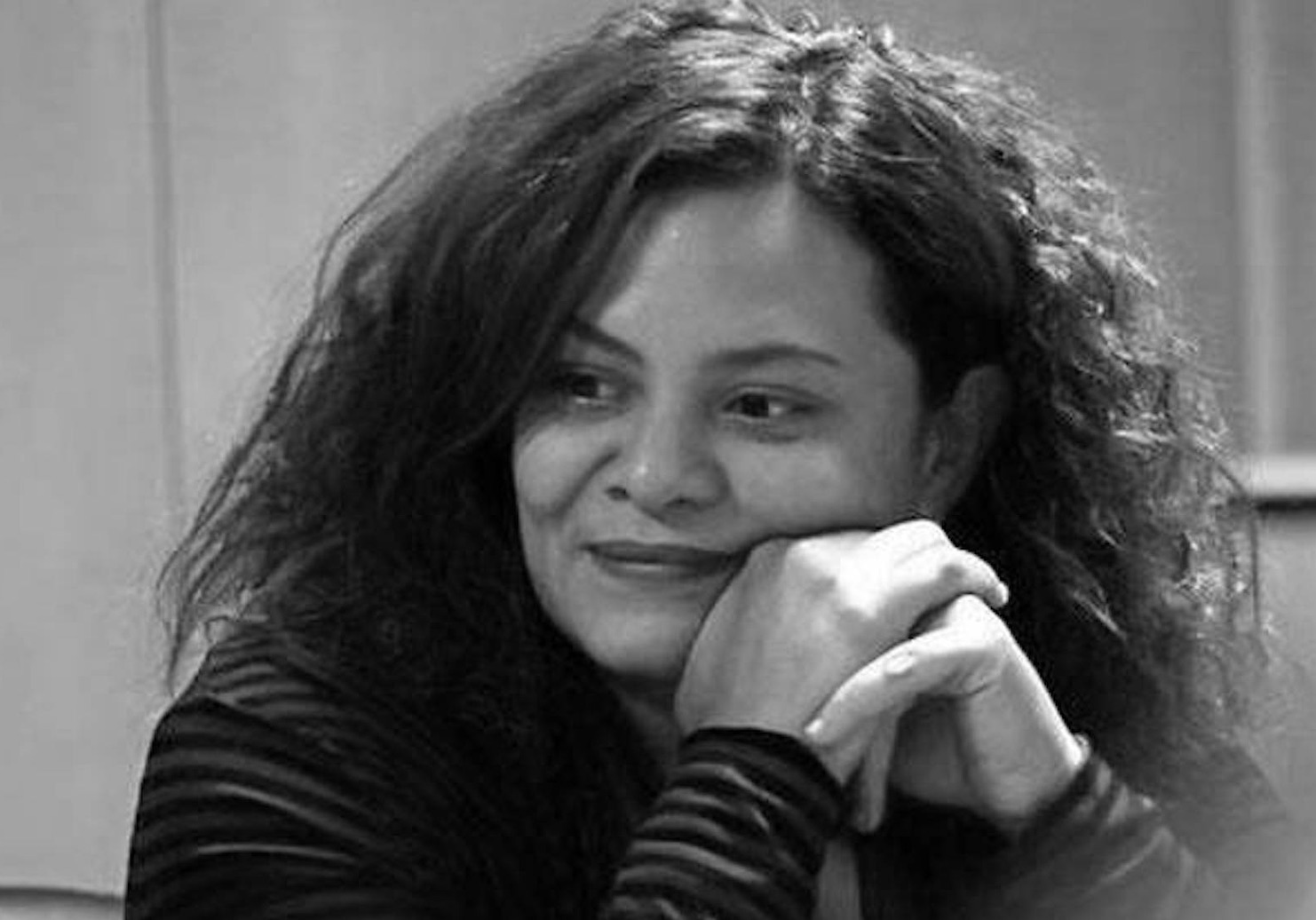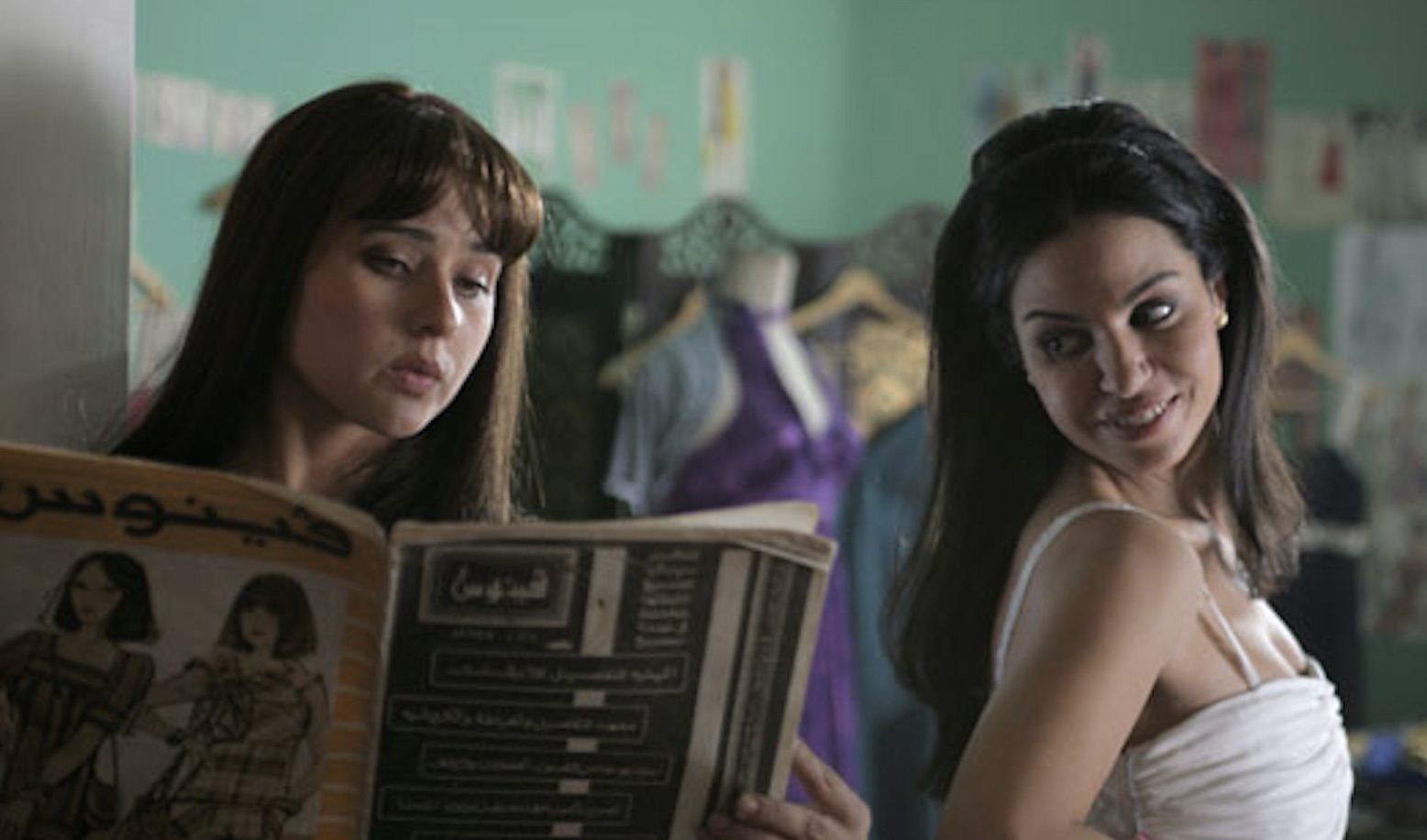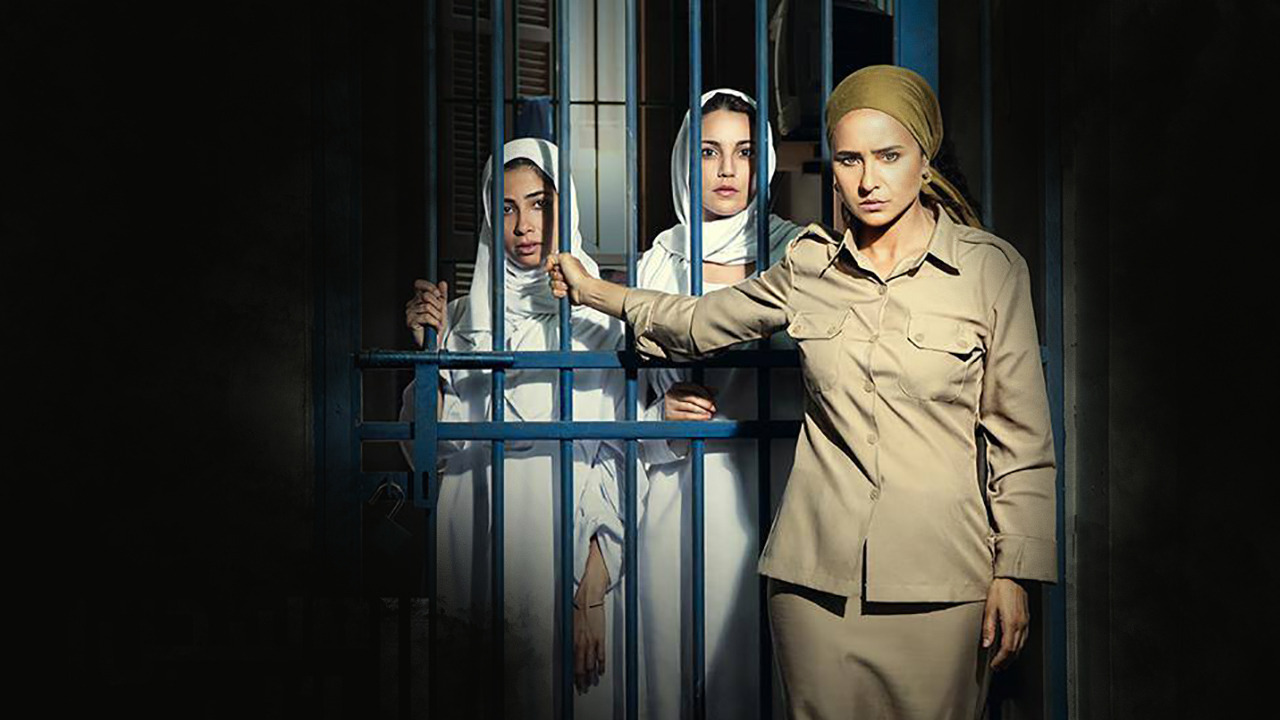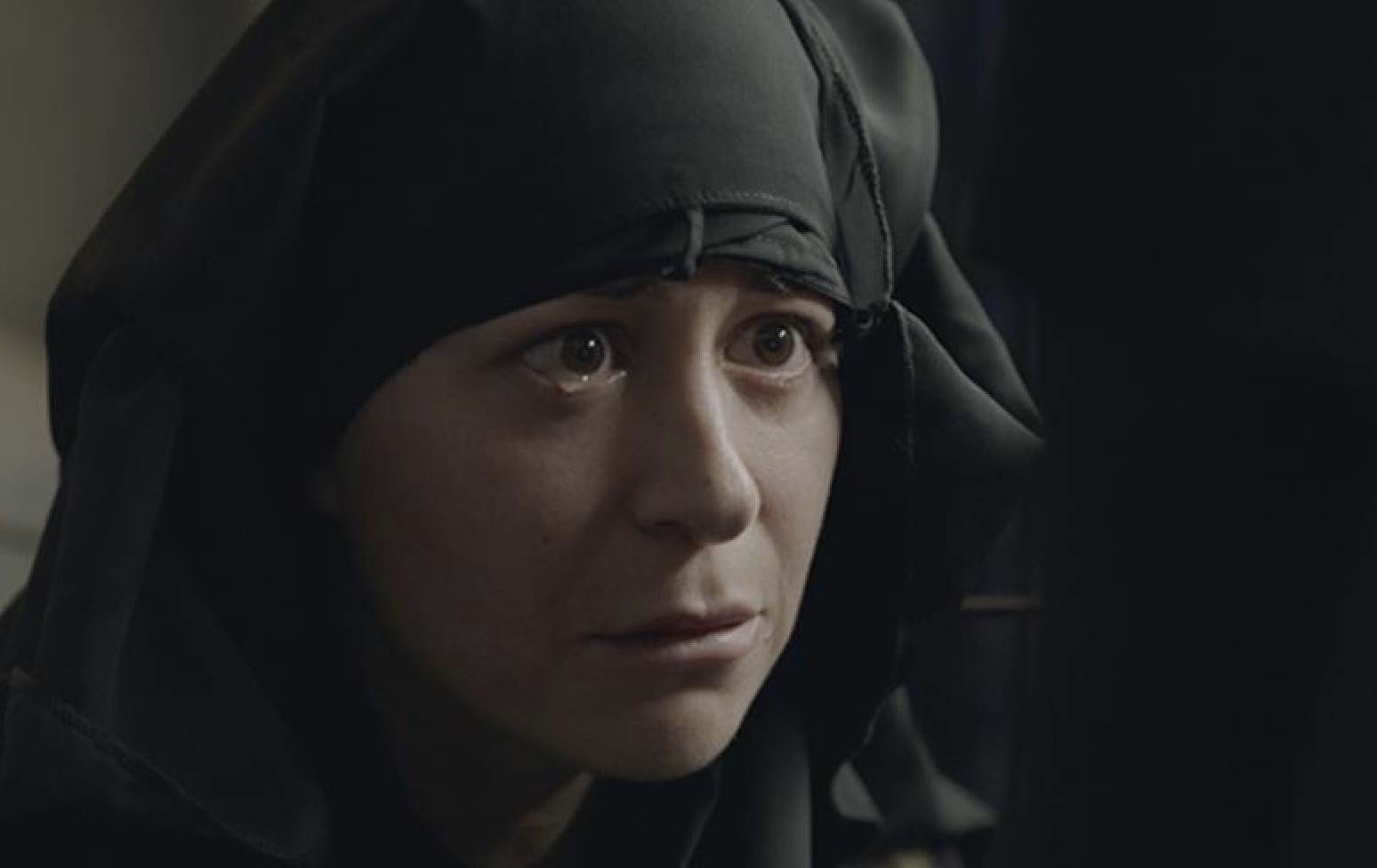From scripts to screens, Egyptian director Kamla Abou Zekry built a new world for women. She is a voice for the Egyptian woman, showcasing the trials and tribulations that come along with that title – one work at a time.
Abou Zekry’s work has been a catalyst for social change; from behind the camera, she captures diversity and reintroduces it to Egyptian filmmaking, as a reminder that art is a tool of empowerment.
To celebrate her remarkable effort, Abou Zekry was awarded the ‘Faten Hamama Award of Excellence’ during the 44th edition of CIFF on 13 November.
Born in Cairo on 8 January 1974, Abou Zekry comes from a family of artists: her father is the renowned author Waguih Abou Zekry. After graduating from the High Institute of Cinema, she worked on several films as an assistant director, including 131 Ashghal (131 Works, 1993) before directing her first short film Qatr El Saa’a El Sadesa (Six O’Clock Train, 1999). In 2000, she worked as co-director to Egyptian director Nader Galal on the film ‘Hello America’ and Bellya w Demagho El Alya (Bellya and His Sharp Mind), among other films.
Through her many works, Abou Zekry intricately presented the Egyptian woman and her reality. She uniquely delivered stories of women – from mental illness to abuse: Abou Zekry has done it all. Each time, Abou Zekry championed female empowerment by using her art as a platform to tell of their experiences, struggles, and stories.
Her films have been screened in both international and local festivals, including the Cairo International Film Festival (CIFF), the Dubai International Film Festival, the Venice Film Festival, and the Cannes Film Festival as well.
A trailblazer whose influence reverberates through the filmmaking industry, here are some of Abou Zekry’s works which were written by women, directed by women, for women.
Bent Esmaha Zat – 2013
Based on Egyptian writer Sonallah Ibrahim’s critically-acclaimed novel Zaat (Self, 2013), Bent Esmaha Zaat (A Girl Named Zaat) explores the social and political winds of change. The 2013 Ramadan series looks into Zaat, played by Nelly Karim, who is forced to adapt to the cultural and social transformations in Egypt from 1952 up until January 25 Revolution in 2011.
Written by Egyptian screenwriter Mariam Naoum – who made a forcible duo with Abou Zekry in other works as well – the series looks into important issues overlooked in Egyptian society. From discussing female genital mutilation (FGM), to oppression and social pressures: Bent Esmaha Zaat is one of the most remarkable television shows in decades past.
Segn El Nessa – 2014
In Segn El Nessa (Women’s Prison), Abou Zekry dives deep into the hidden intricacies of the lives of women behind bars. Based on a play by the late feminist writer Fatheya El-Assal, Segn El Nessa (2014), also starring Nelly Karim, tells the stories of women who have suffered injustices, hardships, and struggles throughout their lives and are thus driven to carry out a life of crime. The series is an open window to the lives of imprisoned women in Egypt: exploring abuse, domestic violence, and sexism – Segn El Nessa is a triumph among Egyptian dramas.
Yom Lel Setat – 2016
Written, produced, directed by, and starring women, Yom Lel Setat (A Day for Women) is made by women, for women. When a swimming pool in a local youth center dedicates a day for women only, it becomes the talk of town. Abou Zekry showcases the multitude of problems faced by Egyptian women, particularly in the working class, and the struggle of male dominance and control over their lives.
Yom Lel Setat won several awards, including Best Film at the African Film Festival in Morocco.
Betlou’ El Rouh – 2022
In her latest work, Abou Zekry’s Betlou’ El Roh (Backbreaking) follows Rouh (played by Menna Shalaby) whose life turns upside down when she finds herself at an Islamic State (IS) den in the city of Raqqa, Syria. Returning to Egypt is a distant dream for Rouh, and upon her attempts to escape, she ends up meeting a world of female IS prisoners and renegades.
The series, which premiered in Ramadan 2022, sheds light on the daily struggles faced by women in IS. In a heart-wrenching, riveting performance delivered by Menna Shalaby and Elham Shahine: Betlou’ El Roh veers into a world unknown.










Comments (0)